- Messages
- 139
- Name
- Nigel
- Edit My Images
- No
Following on from my thread about the cost of visiting monuments, here are a few shots from the one monument we paid to visit. Actually I made two visits as, following a footpath from our hotel, crossing a field and climbing over a gate brought me onto the 1066 battlefield for free. Took a couple of shots as it started to rain, but I like the sheep in the foreground. We were there at opening time which as the EH staff obviously like a good lay-in in the morning, seeing that it opens at 10.00. A fast approaching storm added a bit of drama to the battlefield shots. As for the ruins. well just the remains of the monks living quarters remain today.
The battle it seems was a near run thing, that unusually lasted all day. The Normans were repulsed a couple of times before eventually killing Harold. My wife who is a linguist, mused that the English language would not exist if Harold had won. People in Britain today would speak a form of German Harold had won that day.
Everything shot on my Z7 with 24-200 14-30 and I also used my 24PC adapted via FTZ
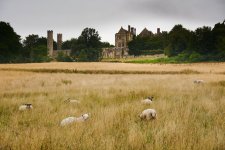
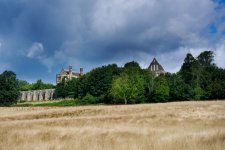
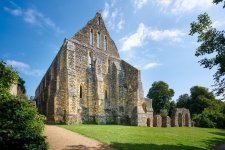

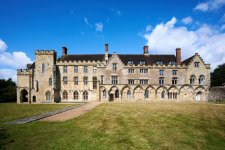
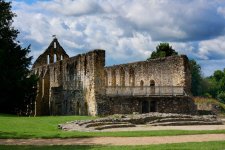
The battle it seems was a near run thing, that unusually lasted all day. The Normans were repulsed a couple of times before eventually killing Harold. My wife who is a linguist, mused that the English language would not exist if Harold had won. People in Britain today would speak a form of German Harold had won that day.
Everything shot on my Z7 with 24-200 14-30 and I also used my 24PC adapted via FTZ







